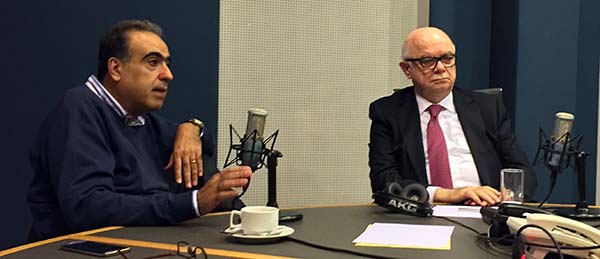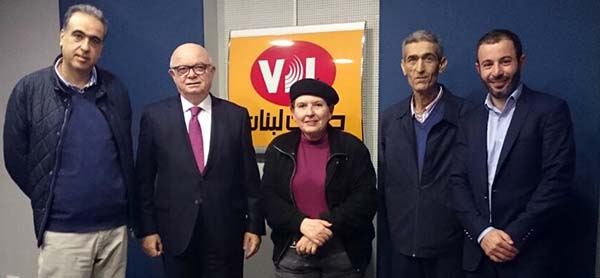Hard work, preparation, a solid contact database, a nose for news, courage and ethics go into shaping foreign correspondents whose tools of the trade may have changed in a multimedia world, but whose mission to inform remains the same.
Media Unlimited director Magda Abu-Fadil provided 28 journalists and activists with tips on how to function as foreign correspondents and debunked myths about glamour and fame promoted in countless Hollywood movies.
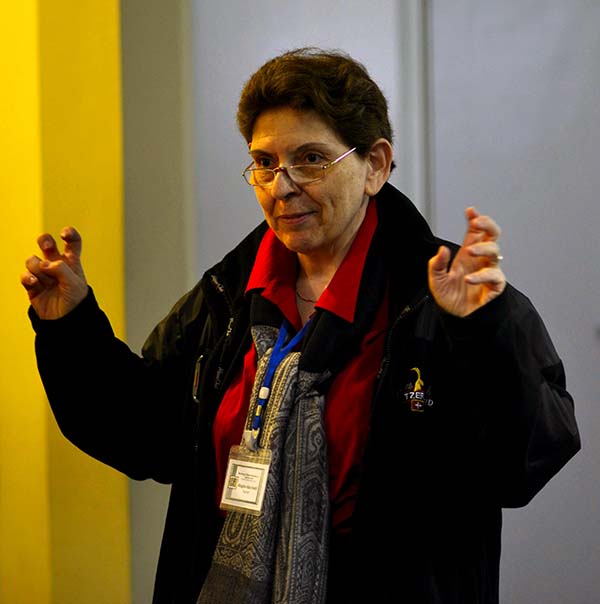
Abu-Fadil on attribution and ground rules in different countries
The training in Morocco was part of the “Building a Digital Gateway to Better Lives” boot camp organized by the Washington-based International Center for Journalists.
It focused on cross-border and regional issues and involved investigative journalism team projects centered on child marriage, child labor, prostitution, human trafficking, prescription drugs on the black market, organized begging, cyber crimes, and illegal immigration.
Abu-Fadil presented examples of noted Arab and Western foreign correspondents, the beats they cover, working conditions, the costs and budgets required to maintain foreign bureaus and staffs, the transition to digital journalism, competition from citizen journalists, and the need to verify all data disseminated through social media and online sources.

Participants at Rabat boot camp
She also stressed the importance of being multilingual, of being well versed in the history, geography, politics and social environment of the countries the correspondents cover, of the need to understand the economics and statistics of these countries, and how best to cover news conferences and interviews with foreign officials.
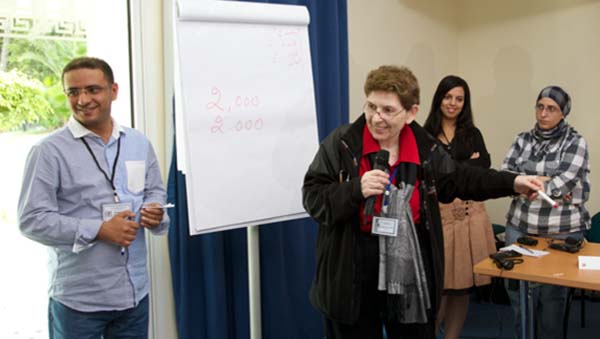
Abu-Fadil shows difference between Anglo and French numerals
Abu-Fadil touched on first aid, security and safety measures reporters on foreign assignment should learn, which veteran Egyptian journalist Abeer Saady later tackled in depth.

Abeer Saady’s safety tips on taxis
Also on hand was Moroccan IT expert Rachid Jankari to discuss mobile phones and cloud computing for use by journalists.
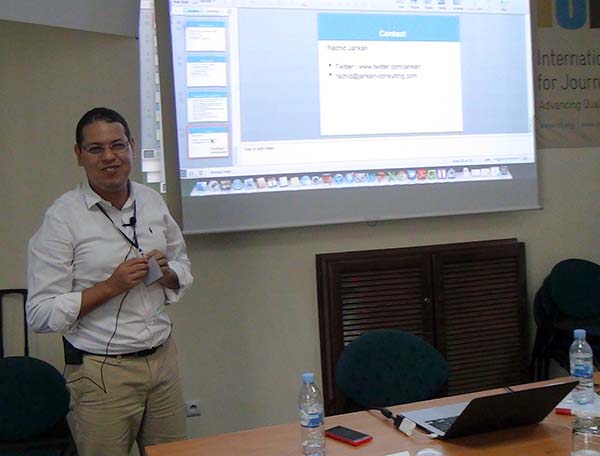
Rachid Jankari on mobile phones and cloud computing
Senior strategist at National Public Radio, self-described real-time informational DJ and occasional journalist Andy Carvin also guided participants in the uses of social media to cover regional issues.

Rabat boot camp trainers and participants
The September boot camp in the Moroccan capital Rabat grouped participants from Iraq, Lebanon, Egypt, Morocco, Yemen, Jordan and Algeria.


